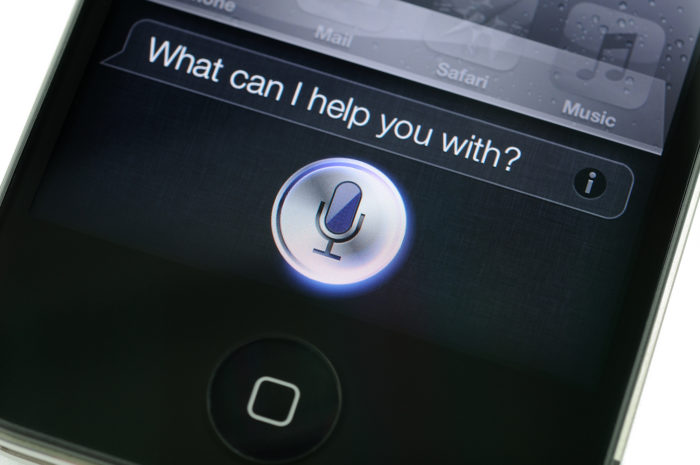Top Class Actions’s website and social media posts use affiliate links. If you make a purchase using such links, we may receive a commission, but it will not result in any additional charges to you. Please review our Affiliate Link Disclosure for more information.

Fumiko Lopez says Apple does not inform iPhone users that Siri records them even when the technology has not been activated by the user.
Lopez claims that both him and his minor child interacted with Siri numerous times, and during that time, they were recorded without their consent.
The plaintiff asserts that these recordings took place even when they did not use a “wake phrase,” one of the phrases that Apple tells customers will activate Siri to begin listening to conversations and take commands.
The Apple privacy class action lawsuit says Lopez did not consent to these recordings, and claims that the recordings were made in violation of the California Invasion of Privacy Act.
Allegedly, the fact that Lopez did not utter a wake phrase means that he did not consent to the recordings that were taken.
The Apple Siri recordings class action lawsuit says that Lopez would like to continue using Siri devices in the future, but is uncertain about whether Apple will continue its unlawful practices.
To support the claim that Apple has been unlawfully recording Siri users including Lopez, the Apple Siri class action lawsuit notes that Apple contractors have served as whistleblowers on the issue, reporting to The Guardian that Apple had hired the contractors to grade responses and recordings for quality.
Allegedly, a small number of Siri recordings are sent to third-party contractors, and the contractors listen to the recordings to determine if Siri is responding appropriately, responding when prompted, etc.
However, contractors raised concern about the fact that they were being asked to listen to recordings, saying that Apple tells consumers that they are only being recorded when they use a wake phrase with Siri, and not at other times.
Allegedly, contractors heard many recordings taken without the wake phrase, indicating that Siri is recording at moments when customers believe they are not being recording.
The contractors say that they have been privy to a number of intimate moments, possible illegal activity, and have overheard conversations between doctors and patients because of these recordings.
Lopez is represented by Mark N. Todzo and Eric S. Somers of Lexington Law Group, Vincent Briganti, Christian Levis, and Ian Sloss of Lowey Dannenberg PC, Joseph P. Guglielmo and Erin Green Comite of Scott + Scott Attorneys at Law LLP; and by E. Kirk Wood of Wood Law Firm.
The Apple Siri Recordings Class Action Lawsuit is Fumiko Lopez, et al. v. Apple Inc., Case No. 5:19-cv-04577, in the U.S. District Court for the Northern District of California, San Jose Division.
ATTORNEY ADVERTISING
Top Class Actions is a Proud Member of the American Bar Association
LEGAL INFORMATION IS NOT LEGAL ADVICE
Top Class Actions Legal Statement
©2008 – 2024 Top Class Actions® LLC
Various Trademarks held by their respective owners
This website is not intended for viewing or usage by European Union citizens.















643 thoughts onApple Class Action Says Siri Records Without Consent
Please add me. Thank you.
Add me please.
Add me please I knew it was recording verizon denied it